Every Indian longs to see Kantian peace in Kashmir as much as every Kashmiri does. The Valley has been on the boil for the past 30 years. The essence of the strife has now taken a vicious turn from self-determination to a religious struggle. Protracted dialogues with various stake holders have yielded no result. The culpability lies in the civil society, academicians, journalists, diplomatic missions and communities alike.
Political space has almost disappeared due to collapse of the local economy and the involvement of the disillusioned youth who have grown up entirely in a charged militarised environment with severely abrogated fundamental rights. Regrettably both, the vernacular and national media have played their part in sensationalising trivial incidents and distorting the truth out of proportions. The State Government, the Centre and politicians are equal accomplices in mishandling the situation. The hostility has been compounded further by the failed governance in the State. Kashmir has huge potential of horticulture, floriculture, apiculture and adventure tourism but the State political leaderships have long closed their eyes to economic development of the State and advanced their personal agendas instead.
The Burhan Wani episode was a watershed event in the Kashmiri psyche and that should have been assuaged by offering massive employment opportunities to the educated and un-employed, in order to wean away the youth from violence and separatism. Instead, it is common knowledge that corruption has spiralled many folds, especially in cases such as land acquisition or acquiring business licenses. Public sector un-employment have grown for the want of skills development. Neither the civil society nor any government has come forward to channelise the energies of the youth. Students passing out from Kashmir University remain restless due to absence of placement in business firms and campus selection.
To reverse the declining security situation and social alienation there is an acute necessity for a rekindling the political process, silencing Pakistan operatives, reinstating dialogue between Kashmiri Muslims and Pandits and creating a development agenda for Kashmir. Fall in inter-LOC (Line of Control) trade is one of the fallouts of the escalating tensions and has been a reason for hardship of the populace, which has further widened the chasm between the civil society and the national polity. The need of the hour is facilitate people-to-people connectivity, greater public-private sector investment, conducive environment for the youth in other Indian Universities, inter-community harmony and zero tolerance on human rights violations. The leitmotif of normalisations should be based on building trust amongst the Kashmiri youth and alternating the narrative from AZAADI to VIKASH.
Difficult geography and accessibility of Kashmir Valley has been another reason for the deepening of cultural fault-lines and a motivation for inciting isolationist identify. Increased social and economic interactions between Kashmir, Jammu and Ladakh could help bridge this gap. In this regard, opening of the Kargil- Skardu road can spur intra-J&K movement of people, ideas and goods, and provide a major fillip to the much desired social integration. Creation of major technical Universities and job incentives in Ladakh and Jammu would not only draw Kashmiri youth out of the present morass but help speedy integration within the State.
Often it is asked if Pakistan should be a stake holder in the peace process of J&K. Pakistan has successfully demonstrated that under a nuclear overhang, a willing State can cause irreparable political damage to a contiguous territory though a well orchestrated proxy war. A total breakdown of political control over the Pakistan Army and its Inter-Services Intelligence (ISI) has been responsible for the disconnect between Pakistan’s assurances, intent and actions. Under this backdrop, it would be pointless to speak to the Pakistan’s polity alone for resolution of the Kashmir issue, when they are incapable of delivering on their promises. Their civil society also remains convinced that terrorism is a justifiable means to avenge the humiliating defeat of 1971 War. Due to the decentralisation and outsourcing of terrorism, pin-pointing the handlers and financial sources of terror outfits becomes highly speculative. Therefore, involving Pakistani polity as stake holders in the peace process may be counter-productive.
Including external actors like the UN, US or China would internationalise the issue and is not in India’s interest. These conditions vindicate India’s stance on Kashmir being an internal issue that needs an internal solution. Thus the focus should be on assisting the Kashmiri civil society to cultivate a conducive climate for dialogue to commence. The discussions must be planned in an atmosphere of trust, with utmost care for sensitivities and devoid of animosity, as was done successfully in the North-East peace process.
The eroded political space in the J&K society needs to be revived. Whether dialogues with Hurriyat leaders would be fruitful is debatable. Yet all options must be kept open and Hurriyat leaders including its women wing leader Asiya Andrabi may be clearly signalled to come forward, keeping faith on the constitution of India and without asking Pakistan to meddle in India’s internal matter. All stake holders like Kashmir, Jammu, Ladakh, politicians, civil society and youth leaders, including Indian Hizbul Mujahedeen leaders should be provided a common platform for dialogue. Time is ripe for the Central Government to consider shifting of Rohingyas from Jammu & Ladakh, as they risk becoming conduits for the Al Qaeda and Islamic State.
An uncompromising stand by Centre will never succeed in arresting radical Islamism or in mainstreaming the stone-pelters. Kashmiri traders, particularly shawl and carpet weavers and apple orchard owners need to be given priority for their market not only in India, but abroad. Entrepreneur schemes, finding sports talents, planning of job opportunity for Kashmiri youths, establishing Information Technology hub and placement agencies at the Kashmir University could be few such measures. Kashmiri students who cleared the civil services examinations should be projected as role models for Kashmiri youth. In other words, education, economic development and wellbeing of local citizens should be the focus for finding an everlasting solution.
Despite all the aforesaid measures, the most important and missing thread for enduring peace would require affirmation by the youth. The youth of Kashmir have been hostage to the trauma of ceaseless curfews and have felt deeply alienated all their lives. Parents, media, politicians, civil society, government have to make a determined and synergetic effort to COUNSEL the youth in order to allay their grievances.
(The paper does not necessarily represent the organisational stance. The author certifies that the article/paper is original in content, unpublished and it has not been submitted for publication/web upload elsewhere, and that the facts and figures quoted are duly referenced, as needed, and are believed to be correct).
(The paper does not necessarily represent the organisational stance... More >>
Image Source: https://i.ytimg.com/vi/--eRIvvX5C4/maxresdefault.jpg

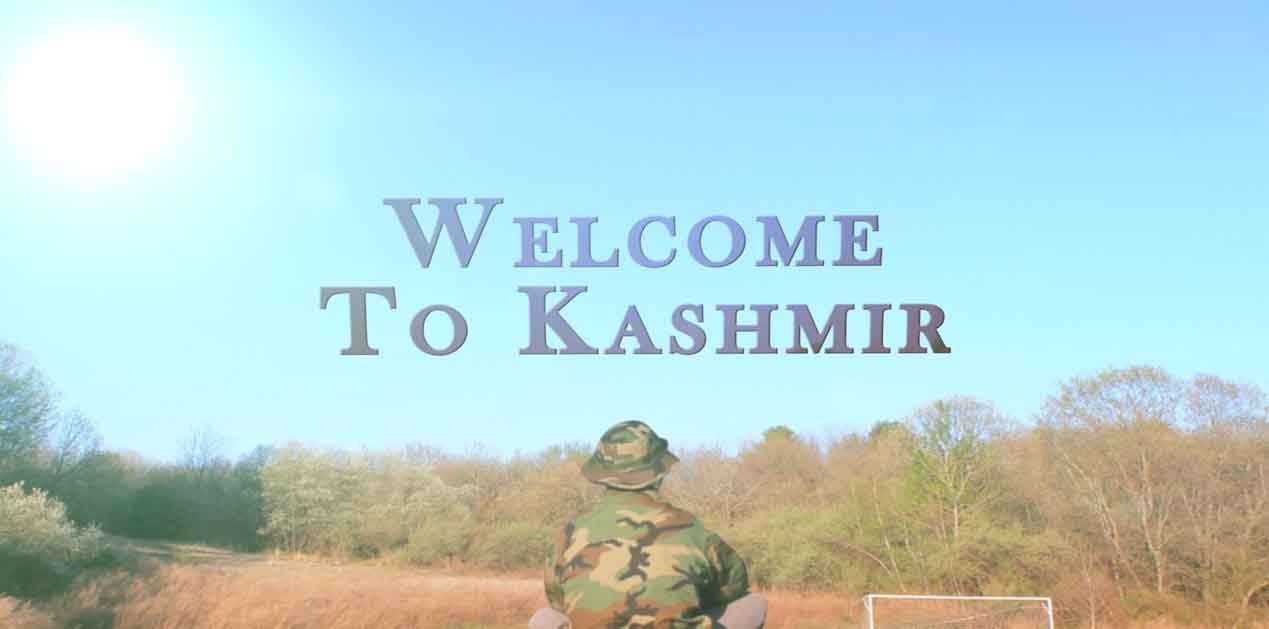
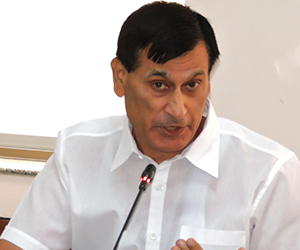

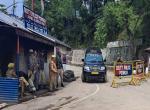
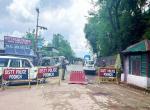

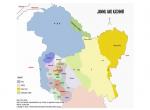


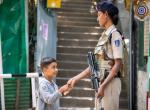
Post new comment